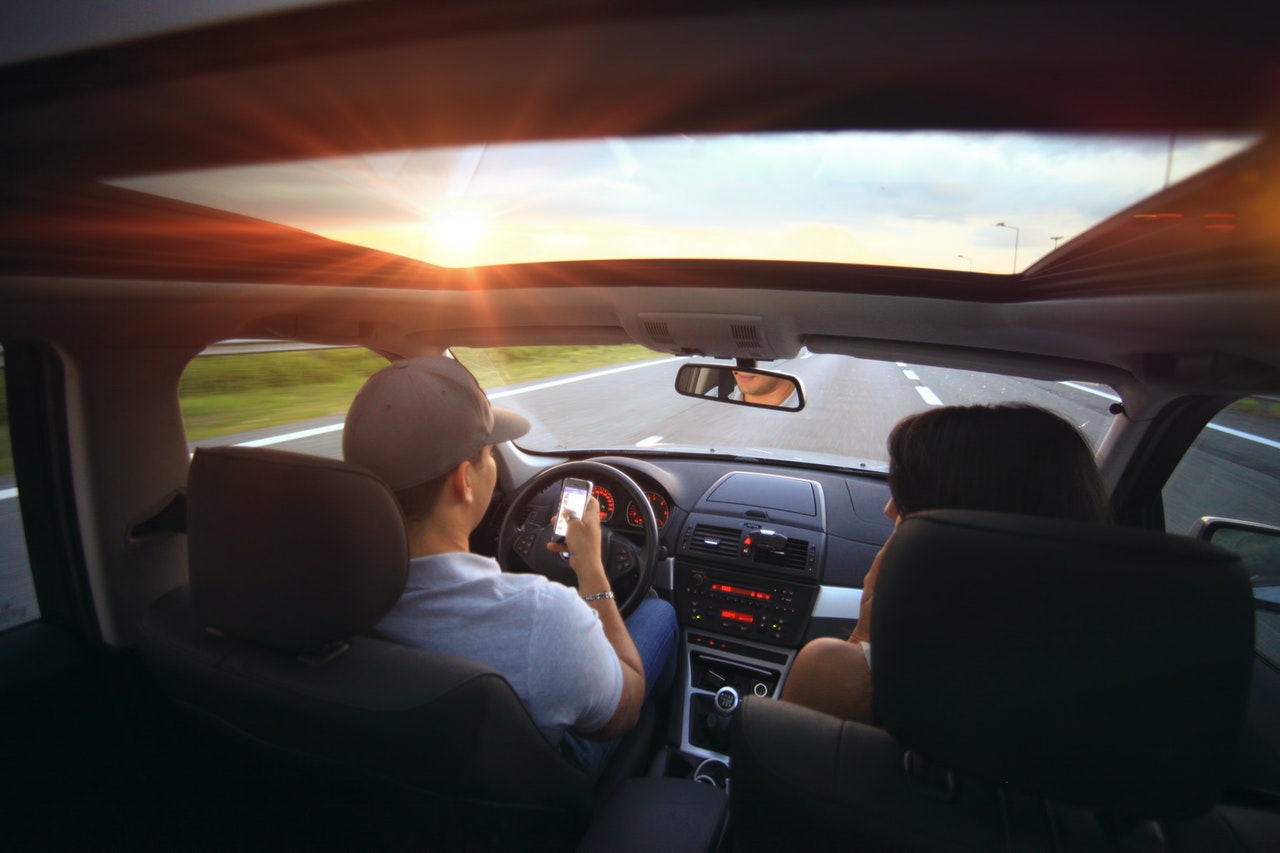A road accident is a frightening and stressful experience. It can traumatize people and even disable them for years, which would require physical therapy and medication. Would you know what to do if you found yourself involved in one? It is crucial to know the right things to do when you find yourself in such a situation.
Check for injuries and damages
Check yourself and others for injuries right after the accident. If someone is injured, call 911 or law enforcement for assistance and rescue. Even if the injuries are not severe, it is best to call the authorities to document it as a police report. If you are the one who is seriously injured, do not try to move until rescue arrives. If you’re not the one who needs medical attention, check the people in the other vehicle.
Take photos or videos if you can
After getting into a vehicle accident, make sure to take as many pictures or videos as possible, as these will be vital evidence for the case and the police report. If you can, take photos of your injuries. This is advisable to do before even moving the vehicles to a safe area or off the road. Nevertheless, don’t try to get in the law enforcement officers’ way once they start the investigation.
Go to a safe area then call the police
If you can, clear the roadway and pull the car over to the shoulder so it won’t get in the way of approaching cars. You might also want to turn your hazard lights if the accident happened at night and the road isn’t well-lit. You can also use reflective emergency triangles or flares to warn other vehicles if you have one. However, if you cannot move your car, get yourself and others out of the road.
Whether it is a minor or major accident, it is advisable to report it to law enforcement. They can then find a report about the incident that you can utilize for insurance purposes. You can request a copy of the report.

Exchange document and information
Generally, if you’re involved in a car accident, you need to give your name and insurance details to the other driver. Still, try to limit your interaction with them to avoid blaming or admitting guilt, which can affect the case or accident report. While state laws vary on what information should be exchanged, you should still try to get all these details if you can:
- The other driver’s name, plate number, and insurance information
- Address, date, and time of the accident
- Their contact number (if only they’re willing to give it)
- Photos of the damages
- Witness contact information
- Law enforcers’ names and contact numbers
- Police report number
- Other personal notes regarding the accident
Once the law enforcement officers arrive, provide them with all the details they need regarding the incident. If you don’t have the straight facts, inform the police. Don’t misstate facts, guess, or speculate.
Check your insurance or if you’ll file a claim
To determine how the claims process will go for you, assess the accident’s fault and what types of coverage you and the other party possess. To give you an idea, here are things to assess:
- Whose fault it is
- The extent of damage to both cars
- Type of insurance you and the other driver have
Assuming it’s not your fault, here are the possible scenarios to expect.
- Damages on the car will be paid by the other driver’s damage liability coverage, depending on the policy’s limit.
- As for the medical bills, the other driver’s injury liability insurance may cover it depending on the limits. On the other hand, you might have to use your injury protection. It’s advisable to call your personal injury attorney in your city for this as well.
In case you’re planning to file a claim, call your insurance company right after the incident. Every company has its process for filing claims. Also, prepare to provide the essential documentation such as photos, police report, and contact information of the other driver. The company will then assign an adjusted to evaluate the injuries or damages and check how much they’ll pay to cover the claim.
These are just some of the most important things to do after being involved in a car accident. Make sure to take calculated steps or actions when dealing with the situation. Also, be careful when talking to the other driver to prevent yourself from admitting guilt or shame that might affect your case.
